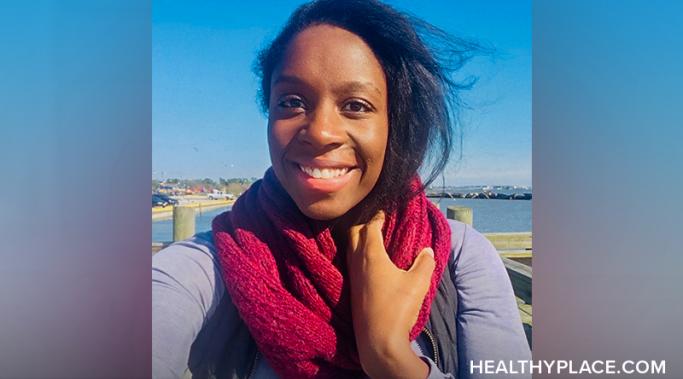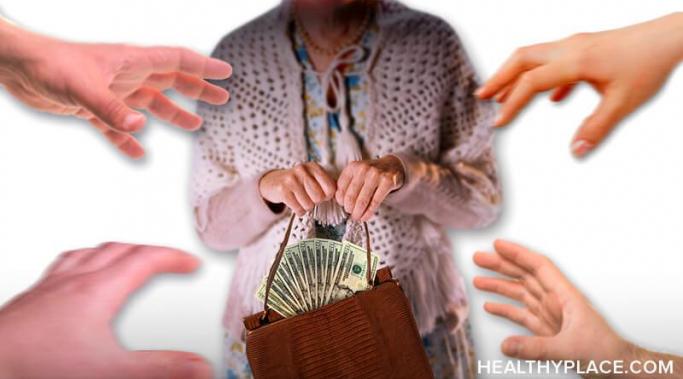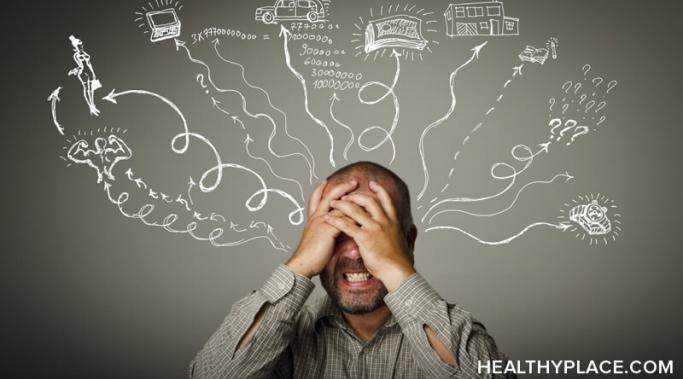Blogs
I’m Antoinette (Tonie) Ansah and I’ll be writing for "Living with Adult ADHD." Accepting that I had attention-deficit/hyperactivity disorder (ADHD) didn’t come easily because I loathed the stigma attached to it. My family didn’t understand mental disorders, and, also, I don’t look like the stereotypical rambunctious boy--so I struggled silently for years.
Dating someone with disordered eating can be confusing. I've never been in a relationship where my significant other totally gets my complicated relationship with food or my disordered eating habits. Despite their best efforts to empathize and understand, there seems to be a fundamental misunderstanding regarding these habits and the underlying motivations and experiences.
It is tempting to resist anxiety to try to reduce it, but that's not the way to go. No one wants to live with anxiety because it's controlling. When anxiety invades our thoughts, emotions, and behaviors, it traps us in its cage and lives our lives for us. When trapped, people instinctively fight back. Not wanting to remain stuck, it's natural to resist anxiety by arguing with anxious beliefs. However, to argue requires thinking about those anxious thoughts and ruminating over them, which keeps us focused on them. Struggling against anxiety tightens the trap door. When we relax enough to shimmy out of anxiety's tight grasp, we can open the door of the cage and fly free. Doing so involves a different approach.
I've learned something about not taking things personally from some thieves in Columbia. This is the story of how two men tried to rob me in Colombia, and what happened to me when I didn't take it personally.
A fear of flying can be debilitating for a person who enjoys travel. I have been afraid to fly for as long as I can remember. I'm not your run-of-the-mill anxious flyer, either. I've struggled with a crippling fear of flying throughout my life. Recently, I took a class for fearful flyers; and to my great surprise, it has changed the way I fly. I want to share with you the most helpful things I've learned to calm my fear of flying.
For those of us who have or have had eating disorders, the feeling of a full stomach can be an extremely disconcerting sensation. Sitting after a meal while feeling full can cause anxiety and guilt. I've been in recovery for nearly a decade and I still sometimes struggle with feeling full, but learning how to be okay with being full was an important step in my eating disorder (ED) recovery.
Choosing no contact (going no contact, enacting a no contact rule) with a toxic friend or family member who has been in your life for an extended period of time can be difficult. That being said, it can be even more challenging if you’re in the process of healing and living with mental illness.
Self-loathing and addiction--for as long as I can remember, my self-loathing has been an ongoing spiral in my addiction journey. The spiraling cycle starts with hating myself for being addicted in the first place, then giving in to my addiction, then hating that I gave in, and so on. My self-loathing took the form of many things in my life including my anxiety, my depression, and my suicidal tendencies. However, my addiction wasn't the only reason I hated myself for so long. I think those feelings started long before my addiction ever formed.
In addition to recovering from mental illness, it's also important for us to learn how to prevent mental health relapse in times of stress. Lately, my mental health has been doing really well. I've put in a lot of work, and it's finally paying off, but recently, some family stress has put all of my progress to the test. I've noticed a lot of my typical mental illness symptoms struggling to reemerge, to rear their ugly heads and completely derail my life. Luckily, I've managed to keep them to a minimum and prevent a full-on mental health relapse. I thought it would be helpful to share how I'm managing to prevent relapse.
Have you found that you have often lost sleep due to worry and anxiety?









